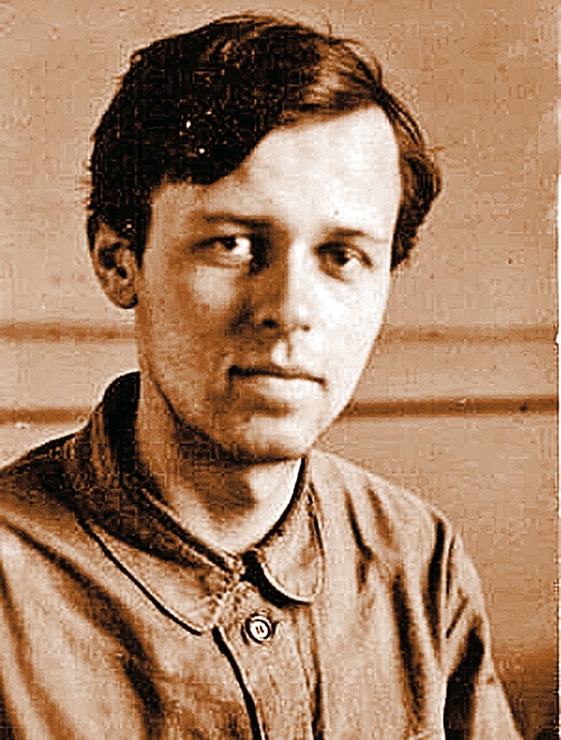|
Here the word noble is used in the most abstract and refined meaning as it refers to the most noble effort of humankind – to preserve peace on Earth.
 In 1975 Andrei Sakharov was awarded the Nobel Peace Prize for “fearless personal commitment in upholding the fundamental principles for peace between men” and “uncompromising and unflagging strength in fighting against the abuse of power and all forms of violation of human dignity”. In 1975 Andrei Sakharov was awarded the Nobel Peace Prize for “fearless personal commitment in upholding the fundamental principles for peace between men” and “uncompromising and unflagging strength in fighting against the abuse of power and all forms of violation of human dignity”.
Several decades ago, in 1938, he was just a young boy, entering the Faculty of Physics of the University, which he graduated from in 1942 in Ashkhabad where the university had been evacuated during the war. Based on several papers in theoretical physics he was accepted to the Department of Physics of the USSR Academy of Sciences in 1945. Three years later he joined a research group working on developing nuclear weapons. For the next 20 years, as he used to put it, he “worked under conditions of the top secret and under great pressure”.
In 1950 Sakharov together with Il’ja Tamm developed the idea of magnetic thermonuclear generator being at the basis of controlled thermonuclear fusion. In the aftermath of the development of fusion weapons he became deeply involved in studying the action of radiation on heredity. Knowing well the outcomes, he played a key role in signing the 1963 Partial Test Ban Treaty.
Sakharov always remained a human rights' activist.
In Moscow, there is Academician Sakharov Avenue.
|